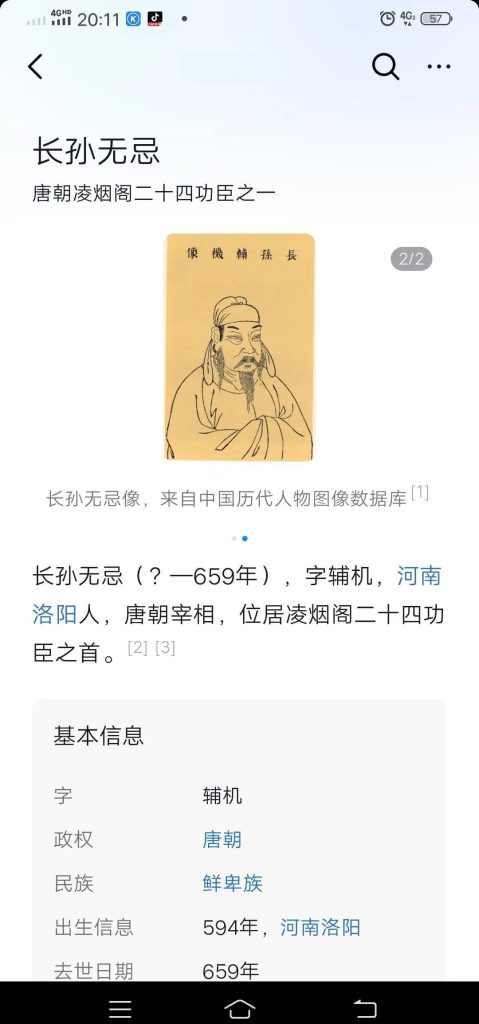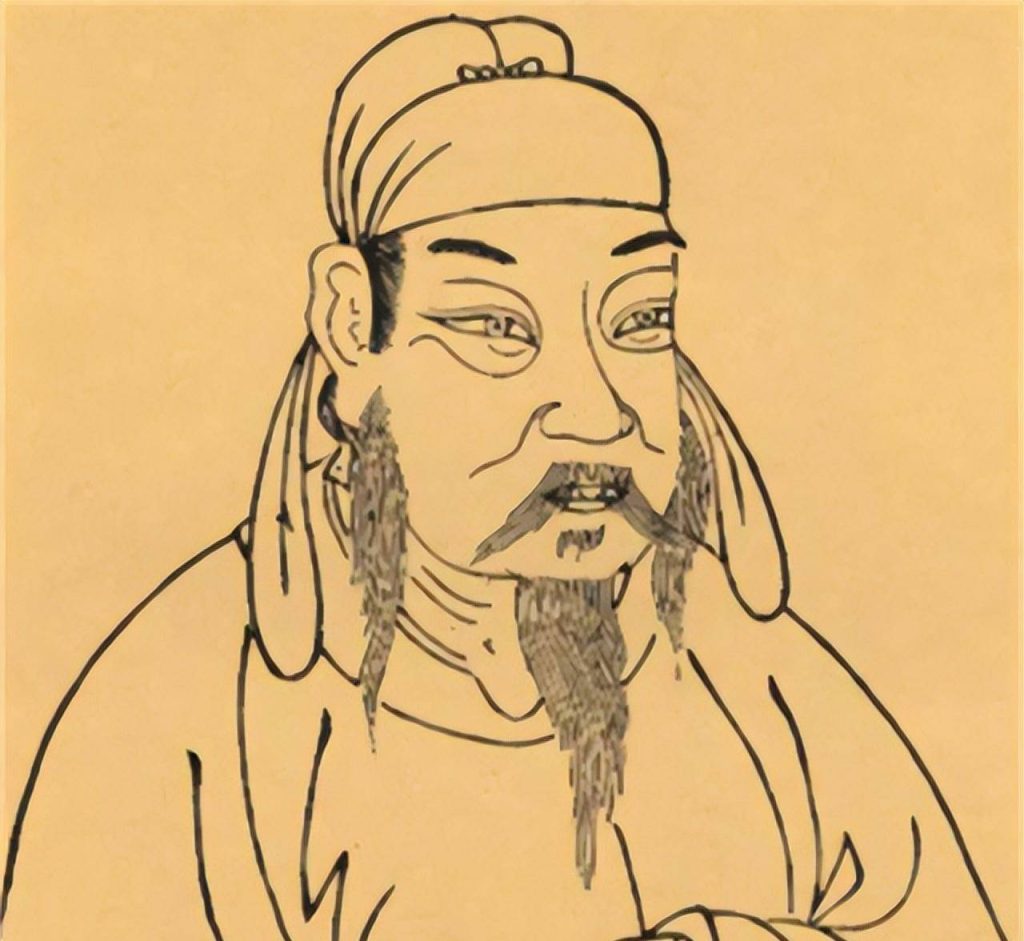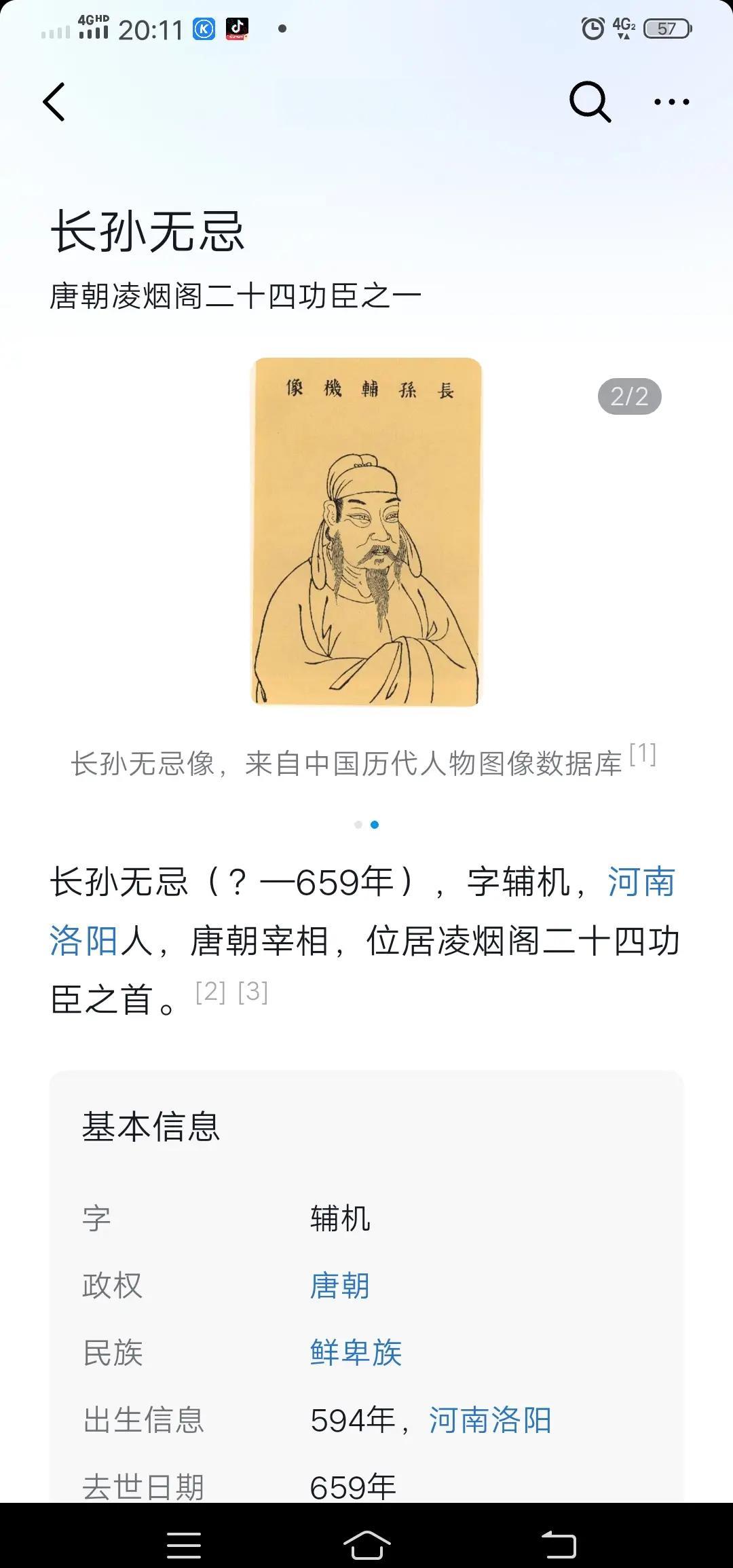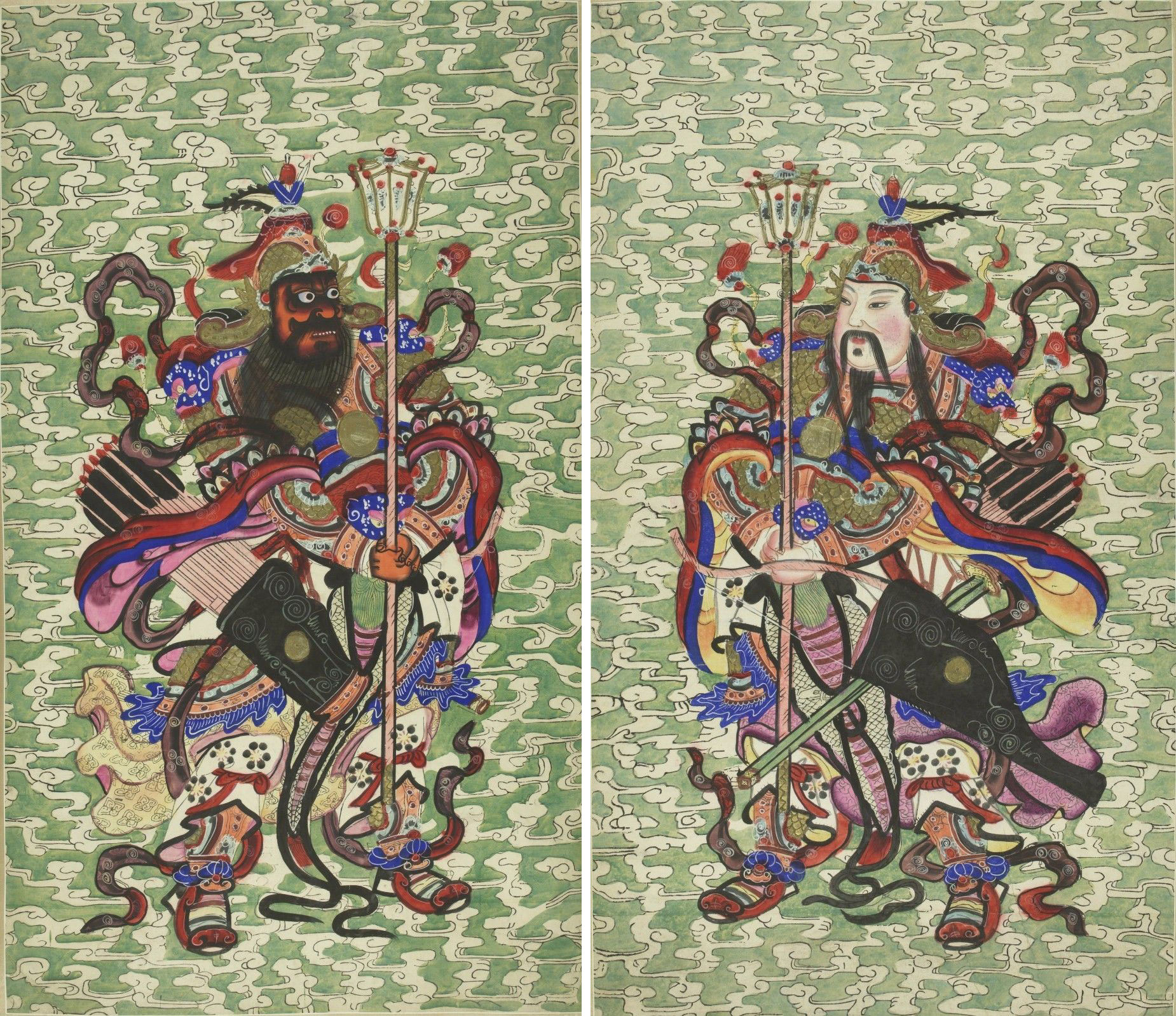Today, the History Encyclopedia editor brings you an article about Zheng Zhilong. Welcome to read it~

On the 25th day of the intercalary sixth month in 1645 AD, one year and four months had passed since Emperor Chongzhen was forced to die by Li Zicheng in Beijing. Fuzhou, located on the southeast coast, held a grand coronation ceremony for the emperor, and the one who ascended the throne was Zhu Yujian, the Tang king of the Ming Dynasty, known as Emperor Longwu in history. This person is the ninth generation grandson of Ming Taizu Zhu Yuanzhang and the descendant of Tang Wang Zhu Jue, the 23rd son of Zhu Yuanzhang. The reasons and process for Tang Wang’s accession to the throne have been explained in my previous articles. Interested friends can take a look. In short, the reason why the Tang king was able to ascend to the throne and become emperor was entirely due to favorable timing, location, and people.
The so-called “harmony of people” refers to the support of pirate and warlord Zheng Zhilong, who was the father of national hero Zheng Chenggong, for Emperor Longwu’s accession to the throne. However, Zheng Zhilong and Emperor Longwu had different thoughts on the future.
Emperor Longwu was different from other feudal lords in the late Ming Dynasty. He had great aspirations and organized troops and horses to save the king during the Chongzhen period, which showed that he was a person who cared about the country. However, as a feudal lord at that time, he violated the taboo of “feudal lords in charge of troops” when he rebelled. And now that he is the emperor of the Ming Dynasty, he naturally has the opportunity to ‘show off his grand plans’. In Emperor Longwu’s plan, he wanted to first restore Nanjing and stabilize half of the Jiangnan region, which was a “half achievement”, and then recapture the north and restore the territory of the Ming Dynasty, which was a “full achievement”.

Zheng Zhilong’s support for Emperor Longwu was not sincerely aimed at restoring the Ming Dynasty, but had his own purpose. He only wanted to use the name of the Longwu court to consolidate his sphere of influence in Fujian, and was not willing to sacrifice his own strength to restore the Ming Dynasty.
Zhu Yujian originally hoped that Zheng Zhilong and his brother Zheng Hongkui would lead their army out of Fujian to resist the Qing army and rescue the anti Qing rebels in Jiangxi, but Zheng Zhilong remained inactive. Afterwards, Zheng Hongkui withdrew his troops originally stationed in Zhejiang to Fujian. Emperor Longwu was greatly dissatisfied with the lack of ambition of the two brothers Zheng Zhilong and Zheng Hongkui, and issued an edict accusing Zheng Hongkui. The conflict between the two sides gradually became public.
But Emperor Longwu himself had no team, and now the Zheng brothers could not rely on him, so there was only one way – to leave Fujian controlled by the Zheng brothers and go to Jiangxi. Why did Emperor Longwu set his sights on Jiangxi? Because at that time, Jiangxi was the front line of fierce battles between the Ming and Qing dynasties. Emperor Longwu hoped that his arrival could inspire the Ming army, and even if Jiangxi was defeated, he could still move westward to Hunan or southward to Guangdong to continue his resistance against the Qing dynasty. This shows that Emperor Longwu was sincerely prepared to restore the Ming dynasty. Otherwise, why would he risk himself to the front line of the anti Qing campaign?
However, what Longwu did not expect was that he acted too late. Due to Zheng Zhilong’s secret surrender to the Qing Dynasty in order to preserve his interests in Fujian, the Qing army easily entered Fujian, while Emperor Longwu, who was on his way to Jiangxi at the time, had not yet left Fujian. Moreover, Emperor Longwu carried a large number of books with him, as well as a large number of royal families and accompanying officials. The procession was very slow and soon caught up by the Qing army.
On August 28, 1646, Emperor Longwu Zhu Yujian was captured in Tingzhou, Fujian, along with his empress Zeng and several concubines. The captured Emperor Longwu refused to surrender and was ultimately killed by the Qing army. The most ambitious emperor of the Southern Ming Dynasty died at the hands of the Qing army, and he was also the most courageous emperor of the Southern Ming Dynasty.



